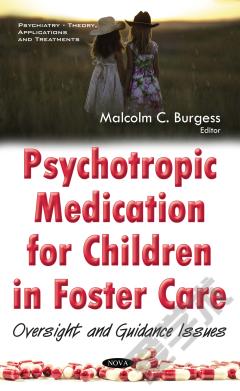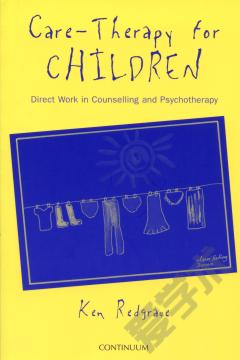Psychotropic Medication for Children in Foster Care: Oversight and Guidance Issues
Children in foster care are children that the state has removed from their homes and placed in another setting designed to provide round-the-clock care (e.g., foster family home, group home, child care institution). The large majority of children enter foster care because of neglect or abuse at the hands of their parents. Maltreatment by a caregiver is often traumatic for children, and may lead to children having challenges regulating their emotions and interpreting cues and communication from others, among other problem behaviors. Children in foster care are more likely to have mental health care needs than children generally. Children in foster care who have mental health needs may receive psychosocial services such as individual or group counseling and case management to improve their health. Alternatively, or in addition, a medical professional may prescribe psychotropic medications. These are prescribed drugs that affect the brain chemicals related to mood and behavior. They are used to treat a variety of mental health conditions including attention disorders, depression, anxiety, conduct disorders, and others. While psychotropic medication alone is not necessarily advised, children in foster care may more readily receive psychotropics to treat their mental health needs due to the complexity of their symptoms and the lack of appropriate screening and assessment and/or the limited availability of health care professionals trained to provide effective therapies (e.g., cognitive behavioral therapy). This book discusses psychotropic medication for children in foster care. It also provides additional federal guidance which could help states better plan for oversight of psychotropic medications administered by managed-care organizations.
{{comment.content}}








 京公网安备 11010802027623号
京公网安备 11010802027623号